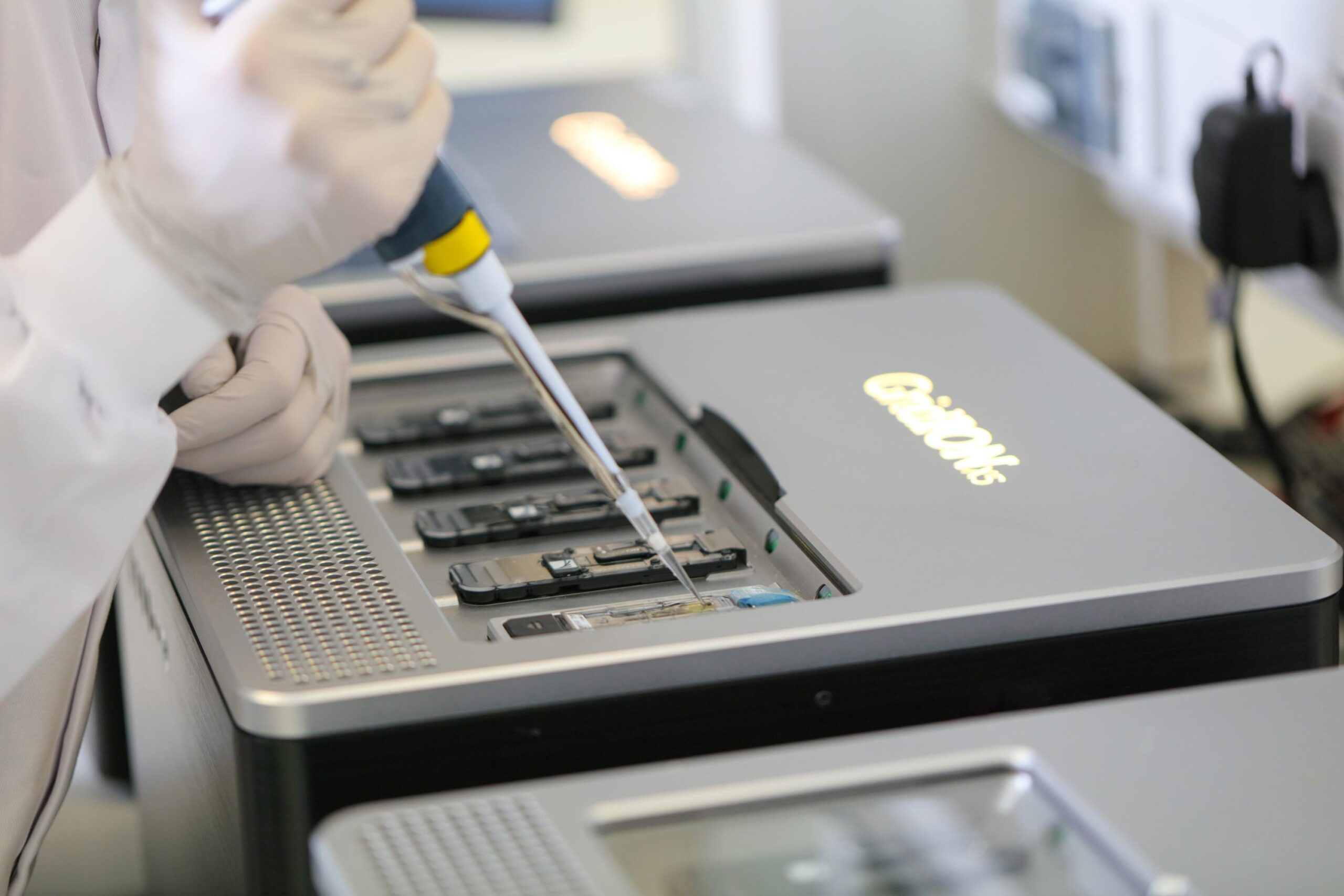
British biotech Oxford Nanopore saw its valuation soar by more than 40% following its initial public offering (IPO) in a boost for London stock listings.
The company, which provides portable hardware for rapid DNA sequencing, saw its valuation rise from about £3.6bn to more than £5bn. The Oxford University spin-out priced its shares at 425p but a busy day of opening trading saw them close at 612.6p on Thursday.
The IPO crystalised Oxford Nanopore CEO Gordon Sanghera’s 10.3 million shares into a fortune worth £63m on paper. In total, executives at Oxford Nanopore saw their shares rise to a value of more than £100m.
“Today is a very proud day for the entire Oxford Nanopore team, but we believe we are only in the foothills of a long and exciting journey,” said Sanghera. “We are living on the cusp of the genomic era.”
The Oxford Nanopore IPO is one of the largest in the UK this year and the biggest biotech listing in the country since 2014.
British biotech companies have historically listed on the tech-heavy Nasdaq exchange in New York.
Its market debut will be seen as a success story for the London Stock Exchange following initially lacklustre listings by Food delivery app Deliveroo and microchip designer Alphawave. However, the IPO of cybersecurity firm Darktrace and direct listing of fintech giant Wise have proven more popular among investors.
Oxford Nanopore: “Enabling the analysis of anything”
Oxford Nanopore provides portable hardware for low-cost, rapid analysis of DNA and RNA in human, animal and plant molecules, as well as soil and water. Its offerings range from portable “pocked-sized” devices to more advanced, industrial benchtop machines.
Its technology sequences DNA by measuring changes in electrical current as a nucleic acid is passed through a protein nanopore.

The technology’s versatility has seen it used by researchers in crop science, cancer research, environmental analysis and viral outbreak surveillance. Use of Oxford Nanopore sequencers has boomed during the pandemic, as they are used to identify and track the spread of Covid-19 variants around the world. The company said it has sequenced 18% of all coronavirus genomes globally.
Its mission is to “enable the analysis of anything, by anyone, anywhere”.
Oxford Nanopore was founded in 2005 by three scientists who met at Oxford. It commenced commercial activities in 2015. The company is headquartered in Oxford but has offices in Cambridge, New York, San Francisco, Singapore and Beijing. It employs around 600 people.
It ran at a loss of £61m in 2020 but has seen revenues grow consistently since 2018. It generated £52.6m in sales between January and June this year.
Its largest rival is US-based Illumina, which has a current market cap of $59.5bn.



